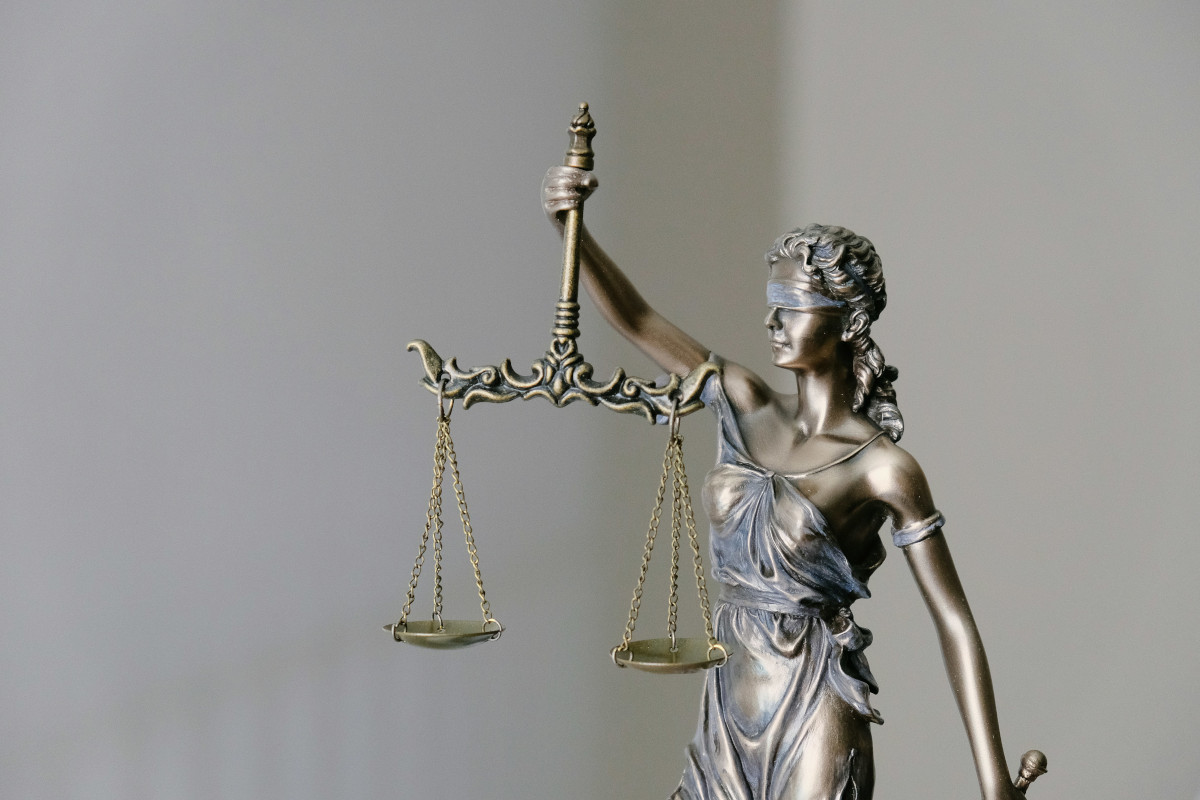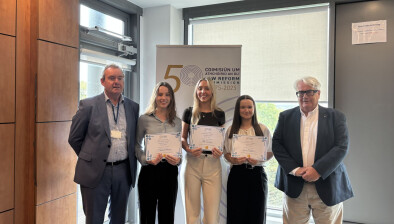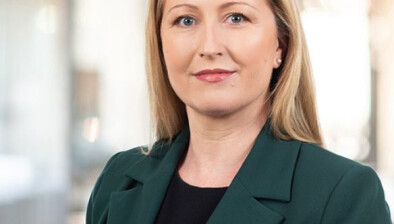Law Reform Commission paper examines liability of unincorporated associations

The Law Reform Commission has published a consultation paper on the liability of clubs, societies and other unincorporated associations.
The new consultation paper, which forms part of the body’s fifth programme of law reform, examines issues relating to civil and criminal liability, including matters of regulatory compliance and enforcement, connected with non-profit, unincorporated associations such as clubs and societies.
The paper raises important questions as to how regulators and individuals can enforce legal obligations and, if necessary, sue unincorporated associations. It also explores the potential legal consequences, including personal liability, for individuals involved in non-profit unincorporated associations.
“Unincorporated associations” are a category of voluntary non-profit associations, clubs, societies and other groups of persons who associate together in pursuit of one, or more, stated non-commercial lawful purposes, and that Irish law does not currently regard as having a legal personality that is separate and distinct from its members.
As of June 2021, there were 19,410 unincorporated associations in Ireland, including 2,684 charities.
Central to the issues concerning unincorporated associations is that, because they are not recognised as legal entities, separate and distinct from their members, they cannot sue or be sued. They lack the capacity to enter into contractual relationships, including employment contracts.
Furthermore, individual members cannot sue an unincorporated association on the basis that one cannot sue oneself. In addition, they cannot hold property in their own name and such assets are generally held by trustees for the benefit of unincorporated associations and/or their members.
There are significant risks for clubs and societies choosing to operate as unincorporated associations, with members exposed to personal liability for the wrongdoing of others, even in cases where they played no active part.
In the 2017 case of Hickey v McGowan, the Supreme Court ruled that the plaintiff, who alleged that he had been sexually abused between 1968 and 1972 by a member of an unincorporated association called The Marist Order of Religious Brothers, was entitled to seek and obtain judgment against individuals who were members of the Order between 1968 and 1972.
The Law Reform Commission has said that the company limited by guarantee (CLG), provided for by the Companies Act 2014, is an existing mechanism that can be used to protect members of unincorporated associations and third parties that deal with them, but acknowledges that there are associated costs and regulatory burdens.
The paper sets out three broad models for reform: legislate to create a “non-profit registered association”, by which separate legal personality could be gained by registration; confer separate legal personality on unincorporated associations that fulfil specified criteria; and do not confer separate legal personality on unincorporated associations, but specify how they are to be held liable in contract, tort and for offences, with a series of focused reforms that do not alter their current legal status.
The Law Reform Commission seeks views on the consultation by Wednesday 15th March 2023.








